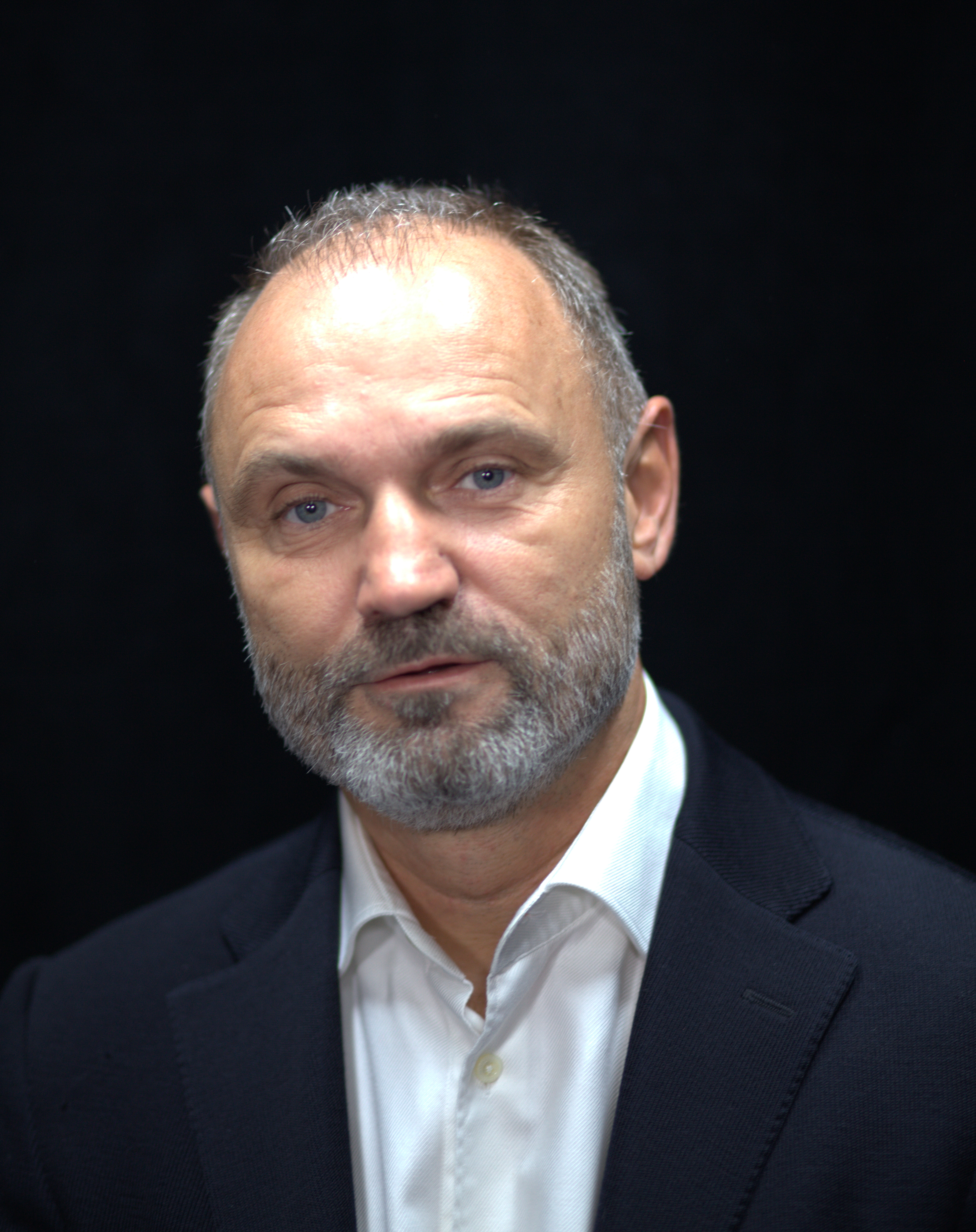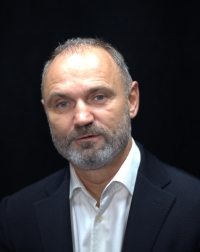Emotions of the students were so important as they touched the hearts of the people and opened their minds

Download image
Ivan Langer was born on January 1st of 1967 in Olomouc. After graduating from Slovanské gymnasium in Olomouc, he decided to study medical science. In 1985, he began to study at the Jan Evengelista Purkyně´s Military Medical Research and Educational Institute in Hradec Králové. Eventually he decided not to peruse a career in the military so he had to do the compulsory military service. After that, in 1987, he was admitted to Palacký University Olomouc´s Faculty of Medicine and Dentistry . During the revolution in November and December of 1989, he was a member of both the university and the national student strike committee. In 1991, he joined the Občanská demokratická strana (The Civic Democratic Party) and was elected to the Chamber of Deputies of the Czech Parliament in 1996. From 1998 to 2002 and again from 2004 to 2010, he was the vice-chairman of the party; from 1998 to 2006, he was the vice-chairman of the Chamber of Deputies. From September 2006 to May 2009, he was the Minister of the Interior, he was also serving as the Minister of Informatics. In 2000, he married Markéta Vobořilová, with whom he has three children. When talking about his involvement in the top-level politics, he mentioned the police reform, the public administration computerisation project, the Czech POINT project and any more issues. However, in the course of the interview, he was most excited by the 2007 Otevřená minulost (Opened Past) project, i.e. the declassification of the former Secret Police archive files making them available to the general public; an act, which made him a lot of enemies. In 2018, Ivan Langer has been working as an advocate and has been living in Olomouc.

